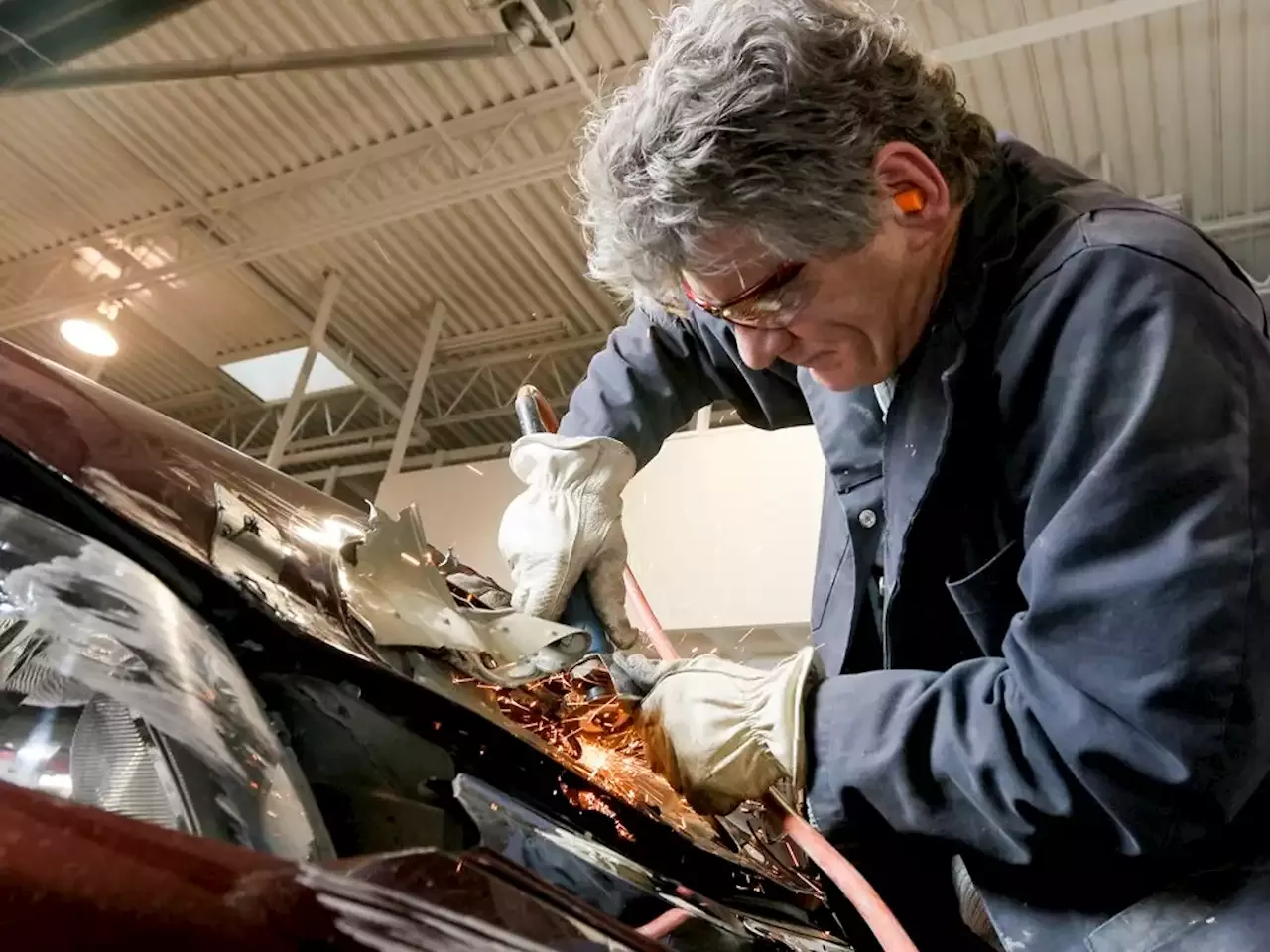, further constraining consumer choice. Intact, Aviva plc, and Desjardins Group are consolidating Canada’s insurance industry, while outfits such as Driven Brands Inc.’s Carstar; Boyd Group Services Inc.; and Mondo Fix Inc., the owner of Speedy Auto Service and other brands, are concurrently consolidating collision repair garages., it seems likely that more consolidation will occur; and as it does, consumer choice could essentially disappear.
These direct linkages — filing an insurance claim and receiving an appraisal, having a car repaired, and potentially even renting a car in the interim —. It is also convenient for the insurance firm, which generates more business from clients held hostage by their direct repair agreements. This sort of coercion is a form of “self-preferencing.” The analog in an online context would be that if you search for an item online, you can only purchase the marketplace’s version of that item, or you forfeit your ability to shop altogether. The bargain is akin to the vertical integration that “health maintenance organizations,” HMOs, deploy in the United States, where individuals aren’t insured if they go out of the HMO’s network to receive care.
It seems as if insurance companies have an inherent conflict-of-interest when they also own a collision repair shop. As a result, they could be more likely to deny someone’s insurance claim, pay out less, overcharge for services, or cut corners on the quality of the repair.
Wages are relevant because today’s vehicles are becoming increasingly difficult to repair and are not as easily serviceable due to their increased complexity and digitization. Parts are more specialized and vehicle warranties can perversely prevent easy or interchangeable repair.
